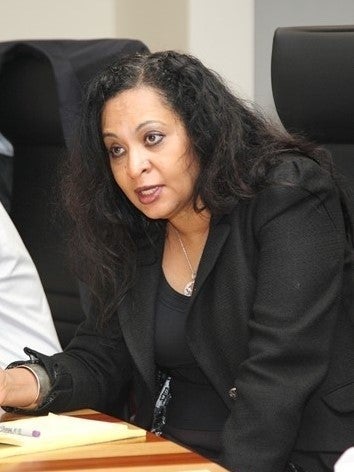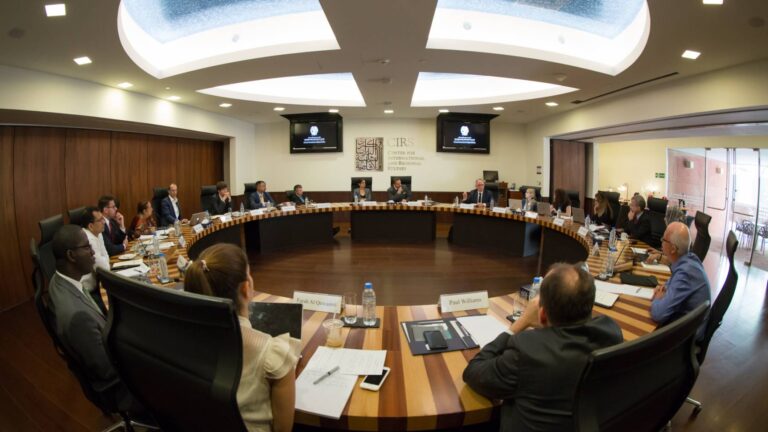Race and Ethnicity in Africa, the Middle East, and South Asia

Race and Ethnicity in Africa, the Middle East, and South Asia
Background and Scope
The Center for International and Regional Studies (CIRS) has launched this research project in collaboration with Georgetown University in Qatar faculty members, Professors Rogaia Abusharaf and Uday Chandra. The project seeks to explore variegated historical and contemporary constructions of race and ethnicity across Africa, the Middle East, and South Asia, highlighting the analytical usefulness of these categories beyond settler-colonial societies in the Americas and Oceania. We draw on recent scholarship on the social constructions of race and color in the Atlantic world. At the same time, by probing into similarities as well as differences from Atlantic models, we aim to make sense of how race and ethnicity are constructed in distinctive “regional modernities” that are nonetheless connected to each other.
Recent calls for “racial justice” in the United States have resonated with other parts of the world. In particular, as with discussions around the 2022 FIFA World Cup, there is a growing recognition that colorism and racism are far from unique to the Atlantic world. Across Africa, the Middle East, and South Asia, scholars and laypeople alike are excavating legacies of slavery and racialized forms of discrimination based on skin color or colorism that cannot simply be reduced to the machinations of European colonial expansion.
Yet, there are striking divergences in the historical experience of slavery and servitude in the Old World of Afro-Asia: the centrality of the household economy and kinship relations, not profit-generating mercantilism, appears to lie at the heart of forced labor regimes in societies across the Indian Ocean rim. Moreover, in these societies, most notably in the Arabian Peninsula, slaves and servants from the Caucasus and the Balkans existed alongside those from South Asia and the Swahili Coast. There are, in other words, vital differences in the role of slaves, their social status, and the racialized hierarchies in which they found themselves placed.
The project looks at four key questions:
- How does the memory of slavery and/or servitude in Africa, the Middle East, and South Asia shape historical and contemporary constructions of race and ethnicity?
- To what extent do hierarchies based on skin color or colorism matter today in the regions under study? To what extent do these hierarchies differ from settler-colonial societies distinguished by state-sponsored discourses of “whiteness”?
- How do the entanglements of gender, kinship, and sexuality, studied extensively in the Atlantic context, produce regional and trans-regional conceptions of race and ethnicity in the regions under study?
- What might Africa, the Middle East, and South Asia contribute, in a comparative sense, to our existing theories and concepts of race and ethnicity centered around the Atlantic world?

Faculty Lead
Rogaia Abusharaf
Professor at Georgetown University in Qatar

Faculty Lead
Uday Chandra
Assistant Professor at Georgetown University in Qatar
